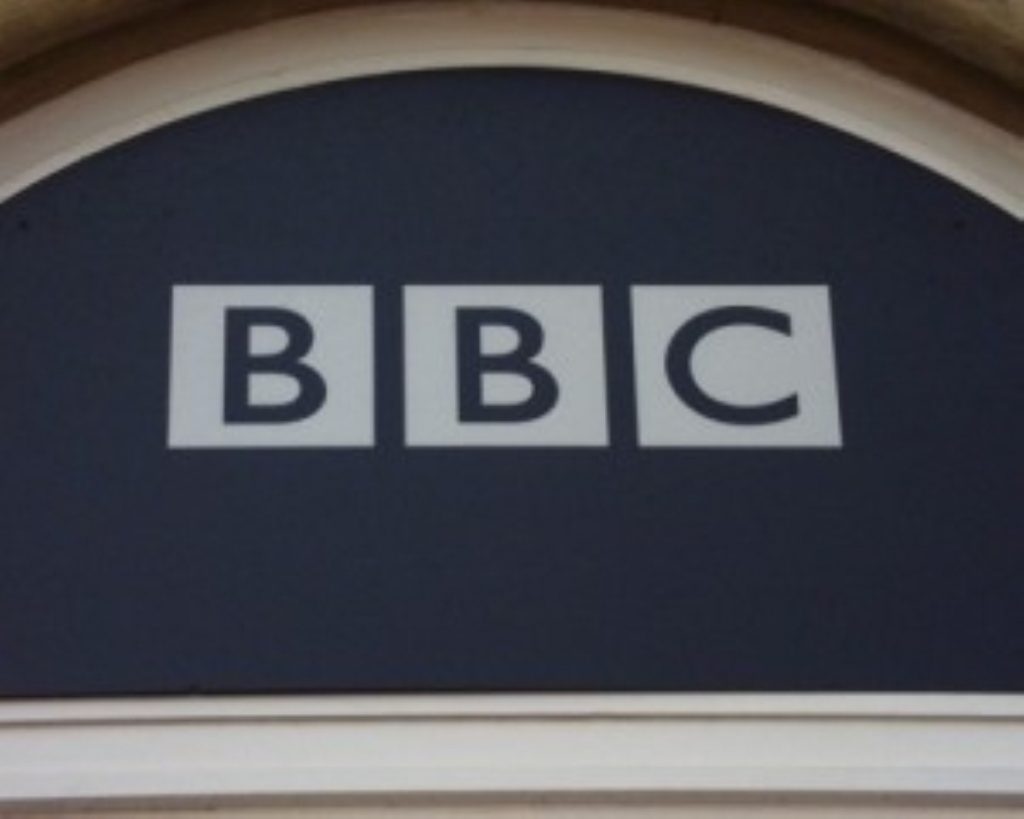BBC governors to be scrapped
Culture Secretary Tessa Jowell has said that the BBC “needs to adapt” in order to serve audiences in the future, yet it will maintain its Royal Charter and the licence fee for another ten years at least.
But the Board of Governors, which has regulated the corporation for 78 years, would be scrapped and replaced with two new bodies.
The BBC’s governance system under which the governors are responsible for both regulating and defending the BBC came in for intense criticism in the Hutton Inquiry. It will now be replaced by two bodies – the BBC Trust and an executive board.
The BBC Trust will be responsible for overseeing operations overall, as well as taking responsibility for the licence fee. The executive board will be in charge of delivering BBC services according to the framework set out by the trust.


Launching the Government’s Green Paper on BBC Charter Renewal, Ms Jowell said the public wanted a “strong and independent main national public service broadcaster”.
But, the BBC must adapt if it is to serve the public and keep pace with changes in technology.
Ms Jowell added that the current model was “unsustainable” and that a new one would provide for expression to be given to the values of the corporation while bringing in the needed degree of clarity and accountability.
Michael Grade, current chair of the BBC’s board of governors is pleased that the charter would be secure for 10 years, saying it was a “strong endorsement of the BBC as the cornerstone of public service broadcasting in the UK.”
Mr Grade accepted the recommendations for changing the BBC’s governance, but said it was unfortunate the BBC had not been allowed to reform itself.
He commented: “It is regrettable that our own reforms have not had time to prove themselves. But it is important that the issue has now been settled ahead of the new charter, providing the BBC with the necessary certainty and stability.”
“The Government’s decision to opt for its new trust model heralds the biggest change in the governance of the BBC in 77 years. It is a radical departure, which we have measured against our five principles of governance: independence, rigorous stewardship of public money, accountability to licence fee payers, clarity of roles and practicality.
“The board has concluded that the trust broadly meets those principles and is committed to ensuring an effective and efficient transition to the new system.”

